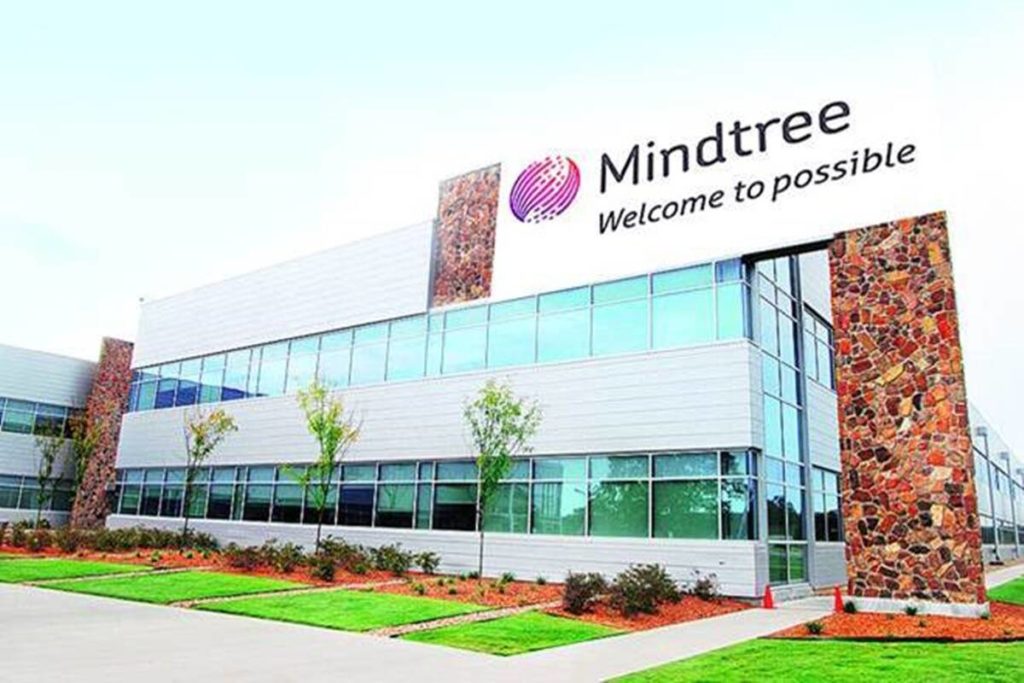How AI Tools Are Impacting Software Outsourcing Work in Asian Countries Like India, Pakistan, the Philippines, and China
The rise of Artificial Intelligence (AI) has been one of the most transformative forces in many industries, and the software outsourcing sector in Asia is no exception. Countries like India, Pakistan, the Philippines, and China have long been known as major hubs for outsourcing software development, thanks to their skilled labor and cost advantages. However, with the advent of AI tools, this industry is undergoing significant changes.
But how exactly are AI tools reshaping software outsourcing work in these countries? And what does this mean for businesses, workers, and the future of outsourcing?
How AI Tools Are Changing the Dynamics in India
India has been the top destination for software outsourcing for decades, but AI tools are transforming how software development projects are managed. Platforms like GitHub Copilot, which can auto-generate code snippets based on developers’ inputs, are becoming popular.
Indian companies are increasingly integrating AI into their workflows to enhance productivity, reduce time-to-market, and offer more competitive services. This transformation is shifting the industry from a purely labor-driven model to one that leverages advanced technologies.

The Impact of AI on Pakistan’s Software Outsourcing Sector
Pakistan is another rapidly growing player in the software outsourcing world. AI tools are making a notable impact by helping smaller firms compete on the global stage. With AI-enhanced development tools, developers can increase their output and deliver higher-quality products, giving Pakistani firms a competitive edge.
However, this also presents challenges, as developers need to constantly upskill to keep up with AI trends. Those who invest in learning AI technologies are better positioned to seize opportunities in this changing market.
The Role of AI in the Philippines’ Outsourcing Industry
The Philippines has traditionally been known for call center outsourcing, but in recent years, the country has made strides in the software development space. AI tools are helping Filipino developers improve their collaboration with international clients and speed up the software development cycle.
AI-powered collaboration platforms also make it easier for teams in the Philippines to work in real-time with clients in different time zones, enhancing client satisfaction and reducing communication delays.
China’s Advanced AI Tools and Software Outsourcing
China, a global leader in AI research and development, is using its technological edge to enhance its software outsourcing services. Chinese firms are adopting advanced AI-driven tools for everything from project management to software development, allowing them to offer highly efficient, high-quality services.
This has helped China maintain its competitive edge in the global outsourcing market, as its AI-driven solutions appeal to clients looking for speed, reliability, and innovation.
AI-Enhanced Project Management and Communication
AI is transforming project management by automating task tracking, setting deadlines, and even forecasting project risks. This makes project management more efficient and reduces the need for constant human oversight. AI-enabled communication tools, such as virtual assistants, are also helping streamline client-developer interactions, ensuring projects stay on track.
Boosting Productivity and Speed of Delivery
One of the biggest advantages AI offers is the ability to boost productivity. By automating repetitive tasks, AI allows developers to focus on complex coding, innovation, and creative problem-solving. This leads to faster delivery times for clients, making outsourcing firms more competitive in a global market that values speed and efficiency.
Reduction in Human Errors
AI tools can identify potential errors in code far more efficiently than humans. This leads to fewer bugs, reduced downtime, and fewer costly mistakes. In industries where precision is paramount, such as healthcare or finance, this can be a game-changer for outsourcing firms offering software solutions.
Cost Efficiency for Outsourcing Firms
AI’s ability to automate mundane and repetitive tasks allows firms to cut down on labor costs. While there is an upfront cost to implementing AI tools, the long-term savings in time and efficiency more than make up for it. Many outsourcing firms in Asia are finding that integrating AI into their processes reduces overhead costs while maintaining high-quality output.
Potential Job Displacement and Skill Gaps
With AI tools taking over repetitive tasks, there is growing concern about job displacement. While AI can enhance productivity, it may also render some roles obsolete. This means that developers and other IT professionals need to adapt by learning new skills to stay relevant in the AI-driven future of outsourcing.
Opportunities for Innovation in AI Outsourcing
Despite the challenges, there are also immense opportunities for innovation. AI tools can enable outsourcing firms to offer new, cutting-edge solutions. By creating AI-driven products and services, these companies can tap into new markets and offer even more value to their clients.
Challenges Faced by Software Outsourcing Firms
While AI tools offer numerous benefits, they also come with challenges. The cost of implementing AI tools can be high, especially for smaller firms. Additionally, balancing the automation provided by AI with the need for human oversight and creativity can be tricky.
The Future of AI in Software Outsourcing
The future of AI in software outsourcing looks bright. As AI continues to evolve, it will further enhance the efficiency and capabilities of outsourcing firms, allowing them to offer more innovative and cost-effective solutions to their clients. However, the industry will need to adapt by investing in skill development and staying ahead of the latest AI trends.
AI is undoubtedly reshaping the software outsourcing industry in Asia, with countries like India, Pakistan, the Philippines, and China at the forefront of this transformation. While AI tools present challenges, they also offer immense opportunities for growth, innovation, and efficiency. For outsourcing firms, the key to success will be in striking a balance between leveraging AI’s capabilities and investing in human expertise.

